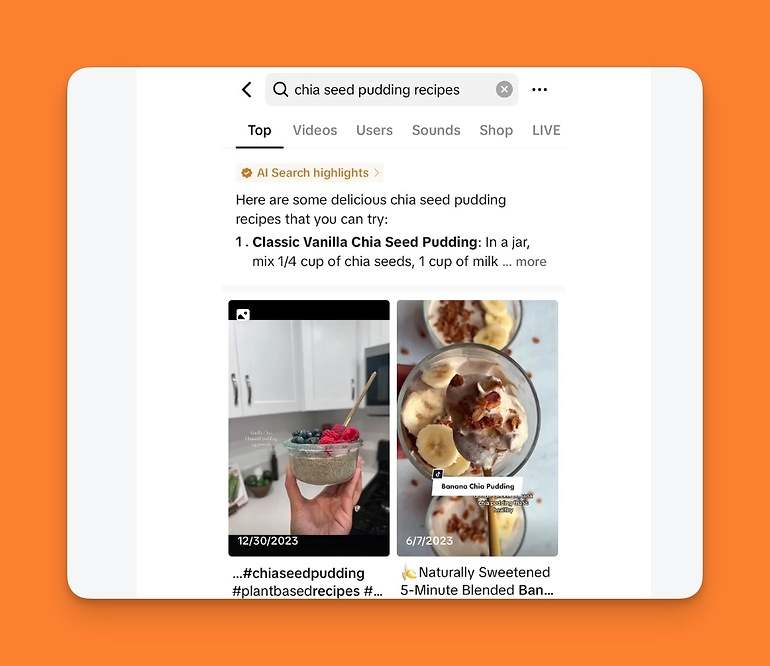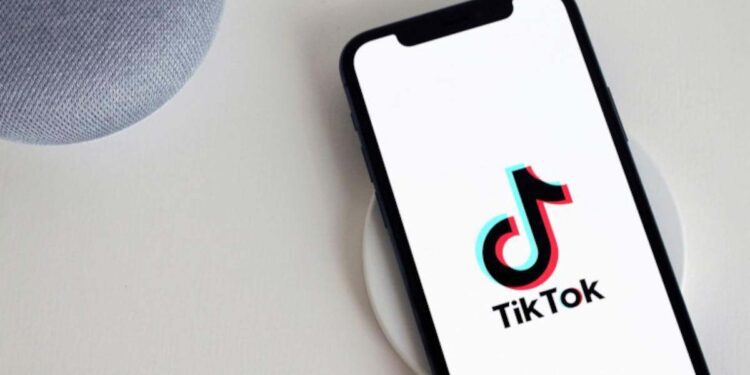TikTok is in the eye of the storm in recent weeks after the ruling of the US government that forces its parent company to sell the app’s operations in the United States.
However, it is undeniable that in just five years TikTok has gone from being a network focused on young people to being one of the giants of the internet. So much so, that there are surveys that say that younger users are more accustomed to searching for information through the video app than through Google itself.
Now, an integration of OpenAI technology into TikTok, could make this feature go further.
Can a short video application reinvent the way we search for information on the internet? Who knows, but TikTok is certainly putting it to the test, as The Verge portal has been able to verify.
The silent revolution of TikTok in information search

TikTok has launched a new feature called “AI Smart Search”, a step forward in the integration of artificial intelligence into its search results. This function displays a snippet of AI-generated results, prominently located at the top of result pages, about user-generated content.
When a user searches, an AI-generated summary appears first, providing a direct and consolidated response to the query. By selecting this result, a new page opens with a more detailed and complete answer.
ChatGPT is behind this change
The results are generated using the technology behind ChatGPT, which indicates that TikTok is employing advanced language models to interpret and respond to user queries. This tool is not limited to simple topics, but has also proven effective in responding to more complex questions such as product recommendations or trend analysis, for example, “best laptops 2024”.
In addition to AI-assisted search, TikTok has introduced “search highlights”, a functionality that offers untagged summaries as generated by AI at the top of search results.
Although the exact origin of these summaries is not yet clear (whether they are extracted from videos or compiled from other sources), their implementation suggests an effort to make information quickly accessible to the user, regardless of its source.
What does this mean for the future of internet searches? Everything is speculation, but it seems clear that ChatGPT providing this service to TikTok contributes a little more to that indirect rivalry it has with Google in so many use cases that is changing the rules of the game, adapting search functionality to the expectations of a younger audience, accustomed to immediacy and accuracy.
Over time, we may see how these innovations put pressure on giants like Google to adapt their own search tools.


